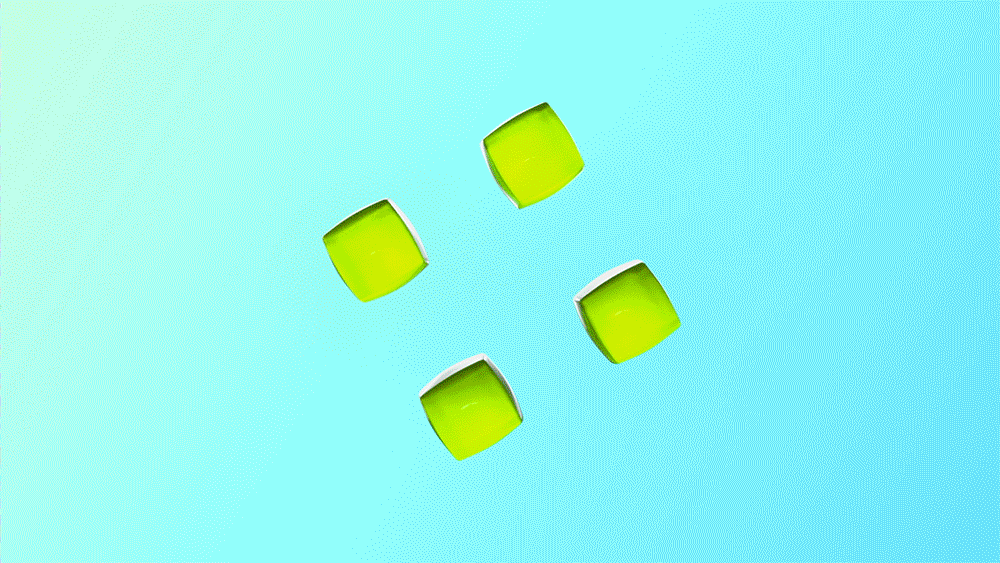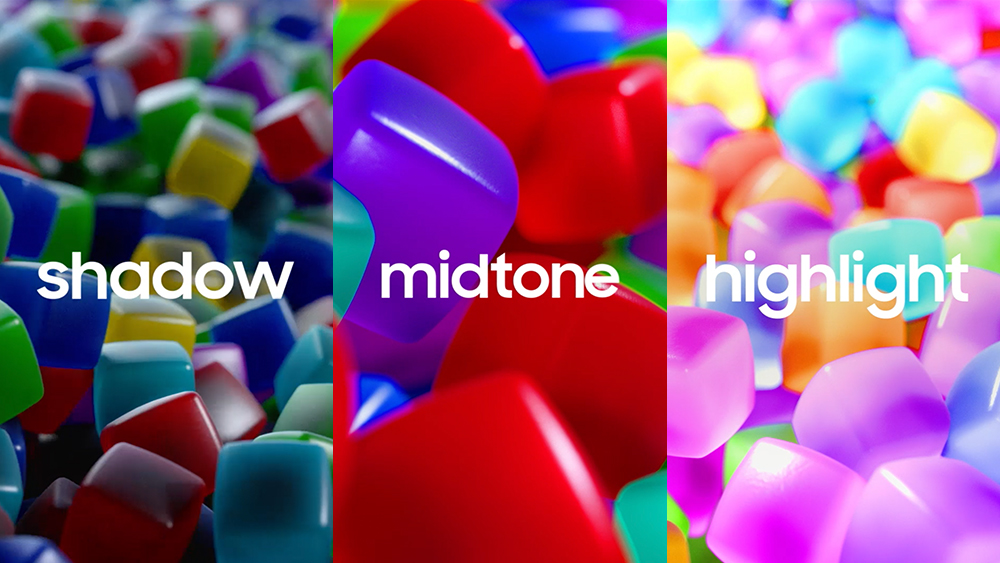Revealed last Wednesday (24), ISOCELL GN1 has technologies that should improve the camera quality of Samsung smartphones
Last Wednesday (24) the Samsung revealed to the world the ISOCELL GN1, the company's new image capture sensor to be found on the company's next smartphones.
The novelty was released in a video that highlights some of the features that we will see in the new sensor. Apparently, some of the autofocus problems that have occurred in the latest models of smartphones from Samsung they are being taken seriously by the company, and everything indicates that they will be corrected with the use of this new sensor.
Among the novelties present in the new ISOCELL GN1, a Samsung highlights the use of technology Dual Pixel, which has 100 million focus detection units. This ensures that the device using this sensor has a precise and very fast autofocus system, being able to adjust the focus perfectly even if the subject of the photo is in motion.
This concern with the auto focus capability of the new lens comes to correct a problem present in the company's current image sensors, since problems with the auto focus that took a long time to locate the object and didn’t do it so needed one of the biggest complaints from users on the camera Galaxy S20.
This improvement in feature is possible through a focus detection process using two photodiodes, which capture light from different directions, creating two images and adjusting them until they overlap – a process equivalent to what the human eye does to bring an image into focus.
Better photos even in the dark

THE ISOCELL GN1 it also has some features that improve the quality of photos in low light environments. One of them are pixels with a size of 1.2 micrometers, 50% larger than the 0.8 micrometers that are normally present in smartphone cameras. Allied with new Pixel insulation technology from Samsung, this larger pixel size allows a greater amount of light to enter, ensuring sharp photos even in the dark.
But the great highlight of the sensor is perhaps the technology Tetracell, which changes the way the camera's pixels organize themselves. Instead of distributing pixels of different colors in mosaic patterns (the way most standard RGB sensors organize their pixels), ISOCELL GN1 groups pixels of the same color into groups of four.
This allows that, when the camera is in low light environments, this group of four pixels is treated as if it were one, thus ensuring that each of them can capture a greater amount of light. And, when it allies with the larger size pixels and the best isolation between them, the end result is photos taken in the dark with a much higher quality than we usually do without the use of software, with greater clarity and less presence of grainy. .
 Tetracell technology allows you to obtain HDR quality photos in real time (Image: Samsung)
Tetracell technology allows you to obtain HDR quality photos in real time (Image: Samsung)The technology Tetracell it also allows the possibility of taking HDR photos in real time. This is possible because each pixel in the same group can capture images with a different exposure level (for example, two pixels take a photo with medium exposure, one with short exposure and one with long exposure), which allows the final result to be an image with beautiful shadow, lighting and halftone effects.
ISOCELL GN1 on smartphone
THE ISOCELL GN1 a 50 MP camera sensor, with a resolution of 8160 x 6144 pixels thanks to a size of 1 / 1.31. These features, combined with Dual Pixel technology (which ensures that each sensor pixel has two photodiodes) and artificial intelligence software, will allow Samsung's new sensor to be able to capture images with quality comparable to that of 100 MP cameras.
Overall, everything indicates that this is by far the best camera sensor ever developed by Samsung. It is not yet known what will be the first device that will use it, but there is a possibility that it will be the Galaxy Note 20, which according to rumors should be announced by Samsung In August.
Source: Samsung
